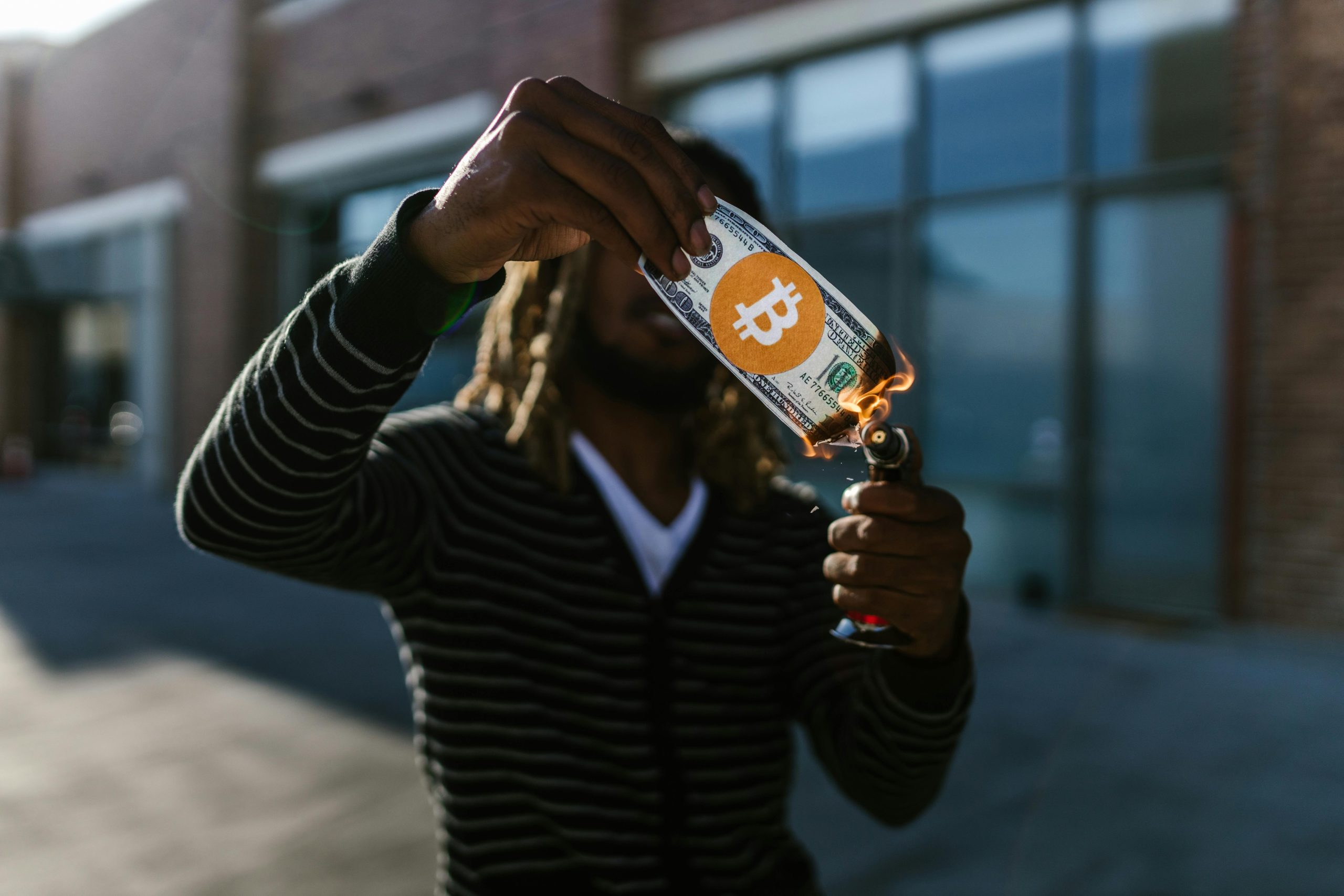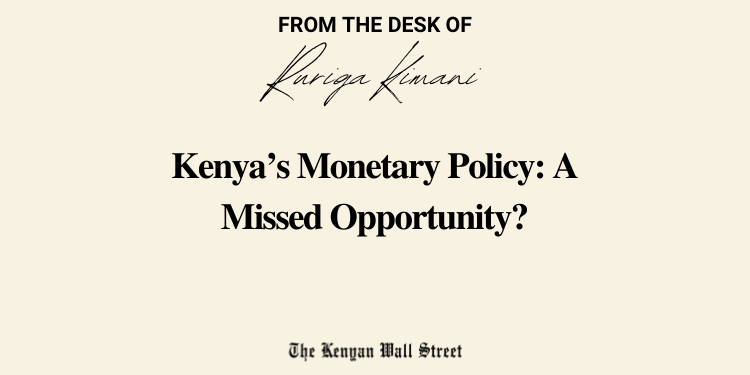- The Daily Brief, by The Kenyan Wall Street
- Posts
- Defying IMF concerns : Gov't sticks with Gulf oil deal
Defying IMF concerns : Gov't sticks with Gulf oil deal
Kenya's #1 newsletter among business leaders & policy makers
Hello 👋🏾, it’s Brian from The Kenyan Wall Street!
Thank you for joining us for today’s edition of The Daily Brief! With 35,000+ subscribers from over 80 countries receiving this newsletter.
In today's newsletter, we explore the government's decision to extend the G2G oil deal that was a cause for IMF’s concern.
We shall also highlight the taxman’s drive to combat corruption within his ranks, how much gamblers spend on average, and the government’s tag of war with private hospitals.
Top Stories
🛢️ Sticking with the oil deal IMF dislikes?

Fuels
The government will extend the Government-to-Government (G-to-G) deal with the gulf nations to import refined petroleum products. This was after the Cabinet approved the move, seeking to cull pressure on forex. The arrangement allows Kenya to import petroleum products without using foreign currency, stemming demand for the greenback and stabilizing the exchange rate.
But the International Monetary Fund (IMF) had certain reservations about the deal. During their recent staff review, the Bretton-Woods Institution stated that:
🔸Kenya may be forced to pay Gulf oil companies ‘contingent liabilities’ after failing to honour minimum import volumes.
🔸The government was yet to provide a timeline for the abdication of the deal, despite repeatedly acknowledging the distortions it has created in the FX market.
🔸A bulk of the deal's transactions were made by a large bank with immense government shareholding (KCB Bank).
🔸The G2G oil deal could worsen the country’s debt situation and stifle private sector development.
Now here is the catch. The Treasury itself has stated before that the deal may not have worked as anticipated. Oil was to be supplied for six months on credit and assurance for payment was backed by letters of credit from participating commercial banks. In July 2024, three of the five banks in the original March 2023 consortium- NCBA, Absa, and Cooperative Bank- exited the deal.
Kenya's oil demand also decreased, thanks to Uganda vacating the purchase of fuel from private oil marketers in Kenya - seeking to autonomously import oil by its own terms. With demand on the low, the IMF spelt doom for Kenya's part of the bargain.
Perhaps the most ardent advocate for the deal is the President’s Economic advisor, David Ndii. Since the onset of the deal, Ndii has regarded it as a saving grace for an economy that intensely suffered forex shocks last year. He dismissed IMF’s claim that demand for oil fell short prompting possible compensation. He said that the government signed a Variation Agreement (VA) deal in September last year in order to lift the remaining imported volumes to 2024 after a demand shortfall.
But the question on everyone's mind now is: does this extension mean the government is optimistic that the concerns raised will be scuttled next year? Or is it a final sneer at the IMF whose program in Kenya ends in April 2025?
Today's Poll
Do you think the extension of the G2G oil deal is a good idea? |
💰 KRA Recovers Ksh 549Mn From Staff Lifestyle Audit
The tax authority implemented lifestyle audits in identifying illicit wealth among staff, recovering Kshs. 549 Million in the 2023/2024 Financial Year.
Highlights:
🔸In Q1 FY 2024/2025 KRA issued a total of 84 verdicts sanctioning staff for various misconducts compared to just 37 verdicts during the same period in FY 2023/2024.
🔸The number of Termination of Services cases dropped to three from eight in Q1 of FY 2023/2024.
🔸The combined cases of Warning and Lifting of Interdiction decreased from seven to four.
🔸KRA introduced iWhistle, a web based platform that allows the public to anonymously report corruption and tax evasion activities.
🔸The platform helped recover 4.22 Billion in FY 2023/2024.
🎲 Gamblers’ Average Spend Hits Ksh 1,825- Finaccess Survey
The perception of gambling as a potential income source is growing among younger, urban, and educated individuals, according to the 2024 Finaccess Household Survey.
Highlights
🔸The highest perception is observed in the 18-25 age-group at 13.4%.
🔸They were followed by those between 26-35 years recording 12.7%.
🔸Overall respondents spent Ksh1,825 on betting.
🔸Urban residents spent a significantly higher amount of money gambling compared to rural residents.
🔸Males spent more money betting than females.
🏥 Private Hospitals Call Out Gov’t for not Paying KSh 29bn in NHIF dues
The tussle between the government and private health facilities over the implementation of SHIF continues. This time, the Rural and Urban Private Hospitals Association (RUPHA) is demanding KSh 29 billion owed to them by the defunct NHIF, failure to which, patients seeking medical services in the hospitals will be forced to pay cash.
Highlights
🔸NHIF owes health care providers about KSh 15.8 billion in verified claims by 31st August.
🔸RUPHA also stated that there are 2.7 million NHIF claims that were unverified.
🔸The private hospitals want reconciliation of the dues with their records, accounting for an additional KSh 14 billion.
🔸They said hospitals were facing financial challenges; 67% of private hospitals defaulting the loans they have taken and 75% are yet to pay their workers for the last three months.
🔸RUPHA wants government to address the technical challenges posed by the Social Health Authority (SHA) system.
🔸They are also dissatisfied with the capitation amount allocated to primary health providers, arguing it is too little to cover medical costs.
“Unless there is a substantial move to settle NHIF liabilities, from 1st January, we will move to out-of-pocket payment. We have no other way. How do we keep the facilities open?”
Stories you missed
Opinion and Commentary
Ruriga Kimani examines whether the Central Bank was too cautious in its recent decision to cut rates by 75 basis points. What should the MPC have done?
Video of the Day
Have a lovely evening!




